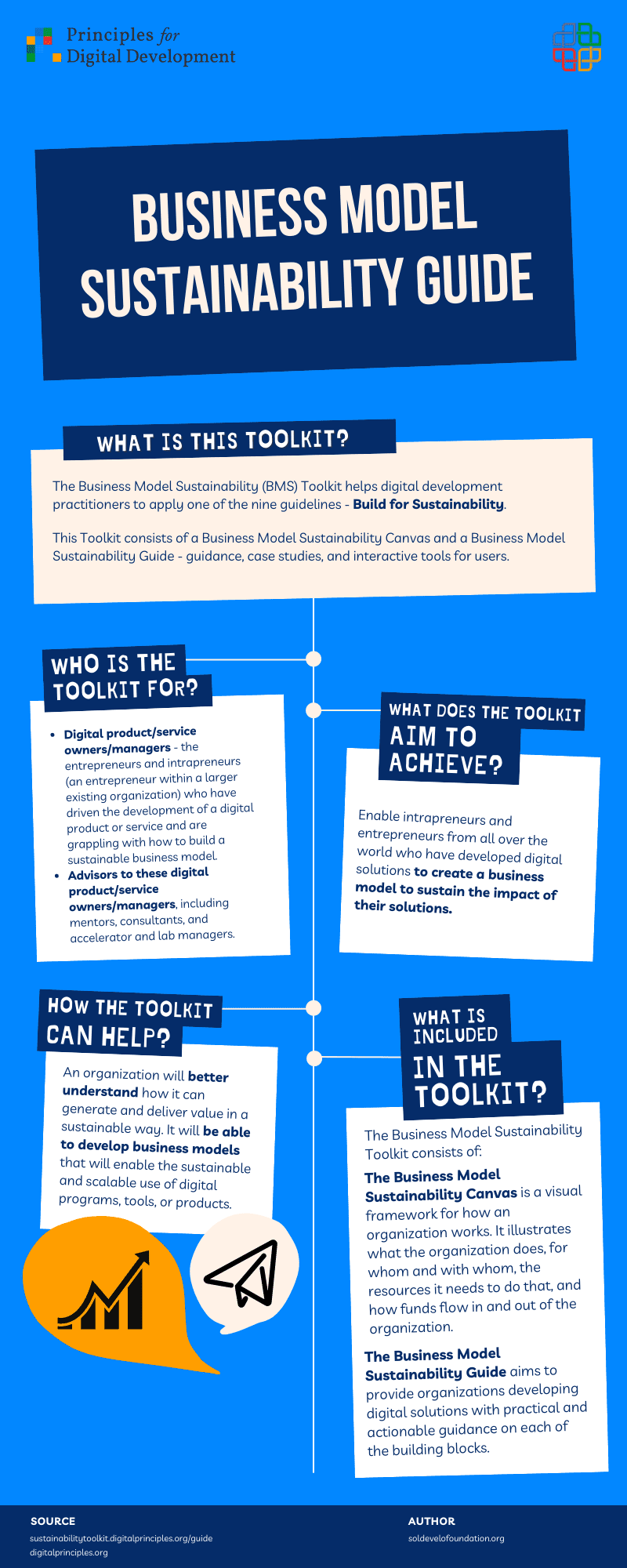Navigating the Digital Landscape
In this fast-paced digital era, businesses are constantly faced with the challenge of navigating the ever-changing digital landscape. The rise of technology has completely transformed the way we do business, from how we market our products to how we communicate with our customers. In order to stay relevant and competitive in this digital age, it is crucial for businesses to craft a sustainable business model that can adapt to the rapidly evolving digital landscape.
One of the key aspects of navigating the digital landscape is understanding the latest trends and technologies. The digital world is constantly evolving, with new technologies and platforms emerging all the time. From social media to artificial intelligence, businesses need to stay up-to-date with the latest digital trends in order to effectively reach their target audience and stay ahead of the competition.
Another important aspect of navigating the digital landscape is building a strong online presence. In today’s digital age, having a strong online presence is essential for attracting customers and building brand awareness. Businesses need to have a user-friendly website, active social media profiles, and a strong online marketing strategy in order to effectively engage with their target audience and drive sales.
In addition to building a strong online presence, businesses also need to focus on creating valuable content. Content marketing has become increasingly important in the digital era, as consumers are constantly bombarded with advertisements and promotions. By creating high-quality, valuable content that resonates with their target audience, businesses can establish themselves as industry leaders and build trust with their customers.

Image Source: soldevelofoundation.org
Furthermore, businesses need to embrace data-driven decision-making in order to navigate the digital landscape effectively. In the digital age, data is king. By collecting and analyzing data on customer behavior, market trends, and business performance, businesses can make informed decisions that drive growth and success. From tracking website traffic to monitoring social media engagement, businesses need to leverage data analytics in order to optimize their digital strategy.
Another key aspect of navigating the digital landscape is building strong relationships with customers. In today’s digital age, customer relationships are more important than ever. By engaging with customers on social media, responding to their inquiries promptly, and providing personalized experiences, businesses can build strong relationships that lead to customer loyalty and repeat business.
Overall, navigating the digital landscape requires businesses to be agile, innovative, and customer-centric. By staying up-to-date with the latest digital trends, building a strong online presence, creating valuable content, embracing data-driven decision-making, and building strong customer relationships, businesses can craft a sustainable business model that thrives in the digital era.
Building a Future-Proof Business
In today’s rapidly evolving digital era, it has become more important than ever for businesses to adapt and innovate in order to stay relevant and competitive. Building a future-proof business is essential for long-term success and sustainability in the face of ever-changing technology and consumer preferences.
One of the key aspects of crafting a sustainable business model for the digital era is ensuring that your business is future-proof. This means being proactive in anticipating and adapting to changes in the market, technology, and consumer behavior. By staying ahead of the curve and constantly innovating, you can position your business to not only survive but thrive in the digital age.
There are several strategies that businesses can employ to build a future-proof business. One of the most important is investing in technology and digital infrastructure. This includes implementing the latest software, tools, and systems to streamline operations, improve efficiency, and enhance the customer experience. By embracing digital transformation, businesses can stay competitive and meet the growing demands of the digital marketplace.
Another essential aspect of building a future-proof business is fostering a culture of innovation and adaptability within your organization. Encouraging creativity, experimentation, and continuous learning among your team members can help your business stay agile and responsive to changing market conditions. By empowering your employees to think outside the box and take calculated risks, you can drive innovation and stay ahead of the competition.
In addition to technology and innovation, businesses must also prioritize sustainability and social responsibility in order to build a future-proof business. Consumers today are more conscious of environmental and social issues, and they expect businesses to demonstrate a commitment to sustainability and ethical business practices. By integrating sustainability into your business model, you can not only attract environmentally and socially conscious consumers but also future-proof your business against the risks and challenges of climate change and resource depletion.
Furthermore, building strong relationships with customers and fostering brand loyalty is crucial for building a future-proof business. In the digital age, where competition is fierce and consumer attention is divided, businesses must focus on delivering exceptional customer experiences and building trust with their target audience. By leveraging data and analytics to understand customer preferences and behavior, businesses can personalize their offerings, tailor their marketing strategies, and build long-lasting relationships with their customers.
Another important aspect of building a future-proof business is staying abreast of industry trends and emerging technologies. By keeping a pulse on the latest developments in your industry and the broader digital landscape, you can identify opportunities for growth, innovation, and diversification. Whether it’s adopting new technologies, entering new markets, or partnering with other businesses, staying proactive and forward-thinking can help your business stay relevant and competitive in the digital era.
In conclusion, building a future-proof business is essential for navigating the challenges and seizing the opportunities of the digital era. By investing in technology, fostering innovation, prioritizing sustainability, building strong relationships with customers, and staying abreast of industry trends, businesses can position themselves for long-term success and sustainability. In today’s fast-paced and ever-changing digital landscape, building a future-proof business is not just a competitive advantage – it’s a necessity.
Building a Sustainable Business Model in the Digital Age